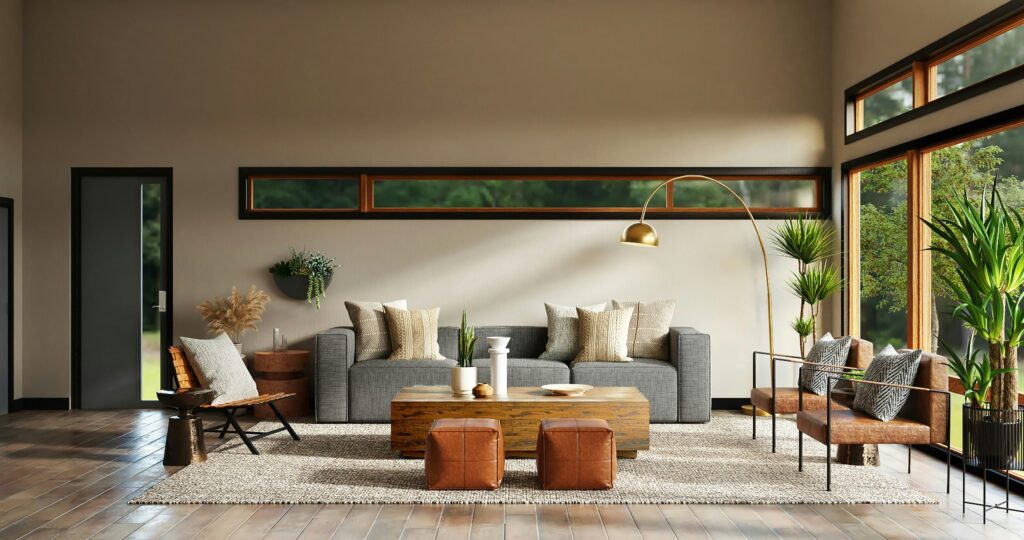Celebrate Father’s Day with exceptional gifts from Miner’s Ace Hardware Inc. in Grover Beach, CA. From top-notch outdoor equipment to high-quality grilling essentials, our selection is tailored to meet the needs of every dad. Whether he’s a DIY enthusiast or a grilling aficionado, find the perfect gift to make his day special at Miner’s Ace Hardware Inc.
Jeffrey Tomasini, owner of Miner’s Ace Hardware, emphasizes, “We are dedicated to providing our community with the best products and services, ensuring that every customer finds the perfect gift for their dad this Father’s Day.”
STIHL MS 250 18 in. 45.4 cc Gas Chainsaw
The STIHL MS 250 Chainsaw is perfect for dads who love to tackle outdoor projects. With its robust 45.4 cc engine and 18-inch bar, this chainsaw is designed for efficient firewood processing and small tree cutting. Its ergonomic design and anti-vibration handle ensure comfortable use, making it a top choice for both professionals and homeowners.
“This chainsaw is a powerhouse,” says Tomasini. “It’s reliable, easy to use, and perfect for any dad who enjoys working outdoors.”
Oregon AdvanceCut 27857 16 in. Bar and Chain Combo
This Oregon AdvanceCut Bar and Chain Combo is ideal for dads who need a reliable replacement for their chainsaw. Designed with Chamfer Chisel cutters, it offers low vibration and kickback, ensuring smooth operation and safety. Compatible with various chainsaw brands, it’s a versatile addition to any dad’s toolkit.
“A great choice for enhancing the performance of any chainsaw,” Tomasini adds. “It’s durable and easy to maintain, making it a must-have for any DIY dad.”
EGO Power+ Peak Power SNT2114 Snow Blower Kit
For the dad who braves the winter, the EGO Power+ Snow Blower Kit is a game-changer. With its Peak Power technology and dual 56V ARC Lithium batteries, it delivers gas-like performance without the noise or fumes. Its 21-inch clearing width and 40-foot throwing distance make snow removal a breeze.
“This snow blower is powerful and efficient,” Tomasini states. “It’s perfect for keeping driveways clear during the winter months.”
DEWALT 20V MAX Grabo Lifter
The DEWALT 20V MAX Grabo Lifter is a must-have for dads working on construction projects. With a lift capacity of up to 265 lbs, it easily handles heavy materials like glass, tile, and wood. Its electric vacuum pump and built-in pressure sensor ensure secure lifting and easy operation.
“This lifter makes handling heavy materials effortless,” Tomasini explains. “It’s a valuable tool for any dad’s workshop.”
Weber Slate Rust-Resistant 3 Burner Outdoor Griddle
For the dad who loves outdoor cooking, the Weber Slate Griddle is an excellent choice. With its pre-seasoned carbon-steel cooktop and 36,000 BTU burners, it offers even heating and consistent cooking. The griddle’s convenient design includes storage and workspace features, making it perfect for any backyard barbecue.
“This griddle is a fantastic addition to any outdoor kitchen,” Tomasini notes. “It’s versatile and built to last, making it a great gift for grilling dads.”
ACE HDPE Wheelbarrow 6 cu ft
The ACE HDPE Wheelbarrow is perfect for dads who enjoy gardening or landscaping. Its high-density polyethylene tray is lightweight yet durable, and its pneumatic tires ensure smooth maneuverability. This wheelbarrow is designed for ease of use and can handle a variety of tasks around the yard.
“A reliable tool for any outdoor project,” Tomasini says. “It’s built to withstand tough conditions and makes yard work much easier.”
Craftsman 4 gal Corded Wet/Dry Vacuum
The Craftsman Wet/Dry Vacuum is an essential tool for any dad’s garage or workshop. With its powerful 5 HP motor and compact design, it tackles small projects and cleaning tasks with ease. The vacuum includes multiple accessories and a long cord for extended reach, making it versatile and convenient.
“This vacuum is a powerhouse in a compact package,” Tomasini remarks. “It’s perfect for keeping any workspace clean and tidy.”
Weber Genesis SA-E-330 3 Burner Liquid Propane Grill
The Weber Genesis SA-E-330 Grill is a top-tier choice for dads who love to grill. With its PureBlu burner system and stainless steel cooking grates, it delivers even heat and delicious results. The grill’s innovative design includes a sear zone burner and ample storage, ensuring a premium grilling experience.
“This grill is a dream for any barbecue enthusiast,” Tomasini shares. “It’s packed with features that make outdoor cooking a joy.”
EGO Power+ 3200 PSI Battery Pressure Washer
The EGO Power+ Pressure Washer is perfect for dads who like to keep their home and vehicles spotless. With its powerful 3200 PSI and cordless operation, it offers convenience and efficiency. The washer includes various nozzles and a foam cannon for versatile cleaning applications.
“This pressure washer is a game-changer,” Tomasini declares. “It provides professional-level cleaning power with the ease of battery operation.”
Traeger Woodridge Wood Pellet Grill
The Traeger Woodridge Wood Pellet Grill is ideal for dads who enjoy grilling with wood-fired flavor. Its precise temperature control and large cooking capacity make it perfect for any outdoor gathering. With its durable construction and versatile cooking capabilities, it’s a must-have for any grilling enthusiast.
“This pellet grill brings a new level of flavor to outdoor cooking,” Tomasini points out. “It’s perfect for dads who love to experiment with different grilling techniques.”



















